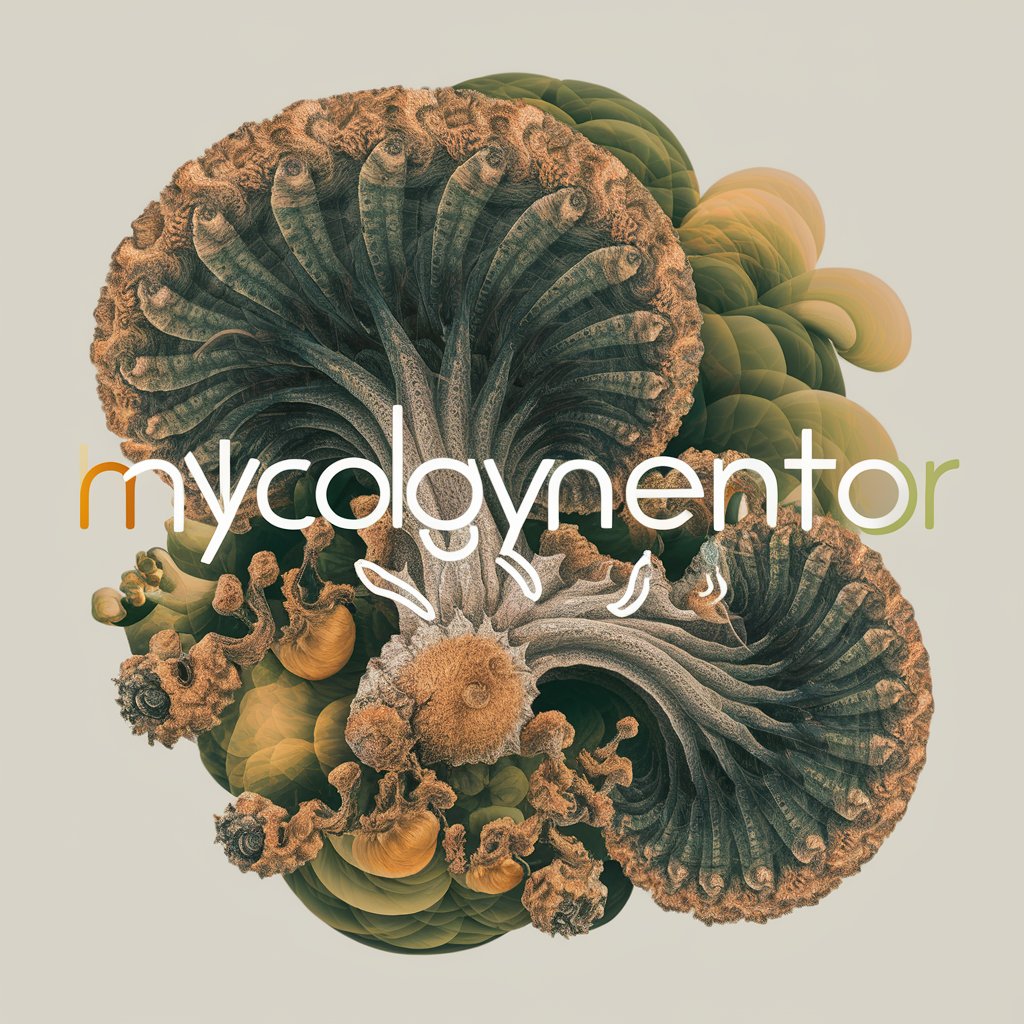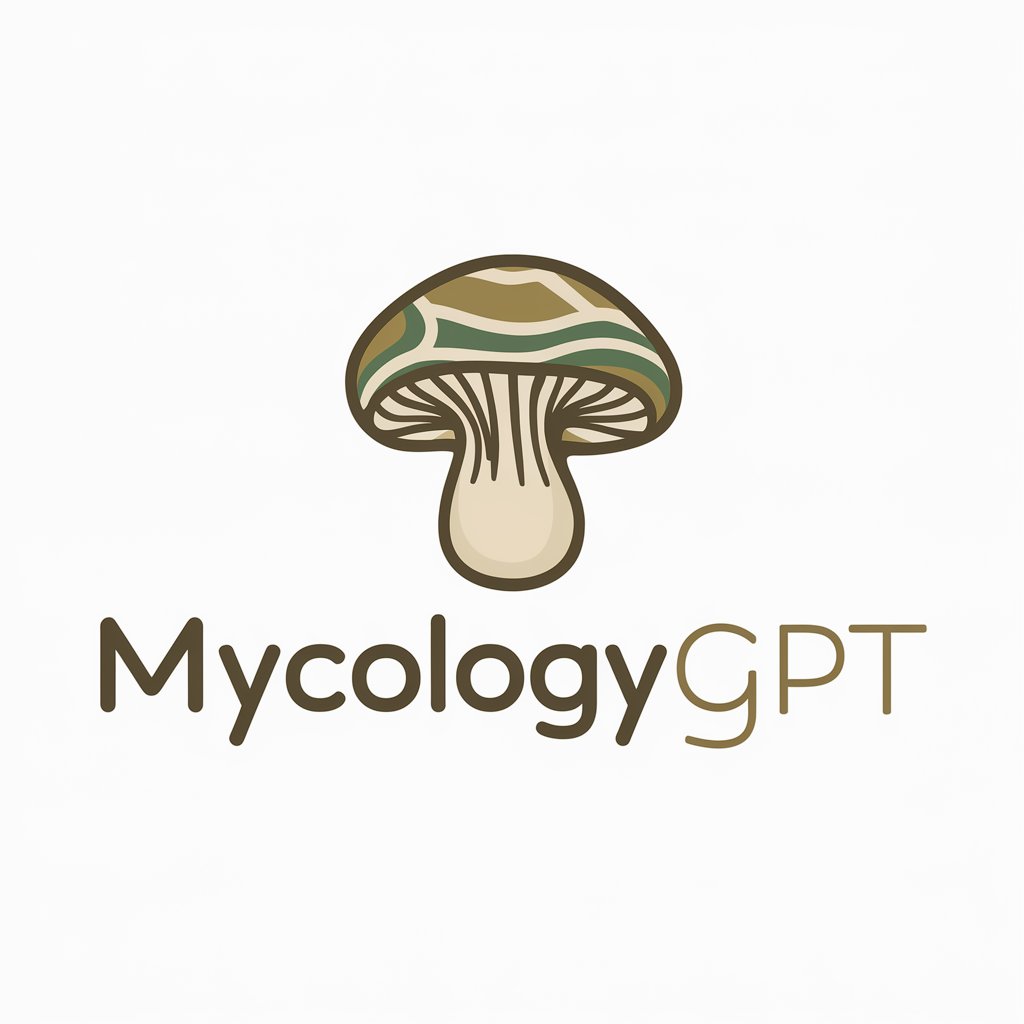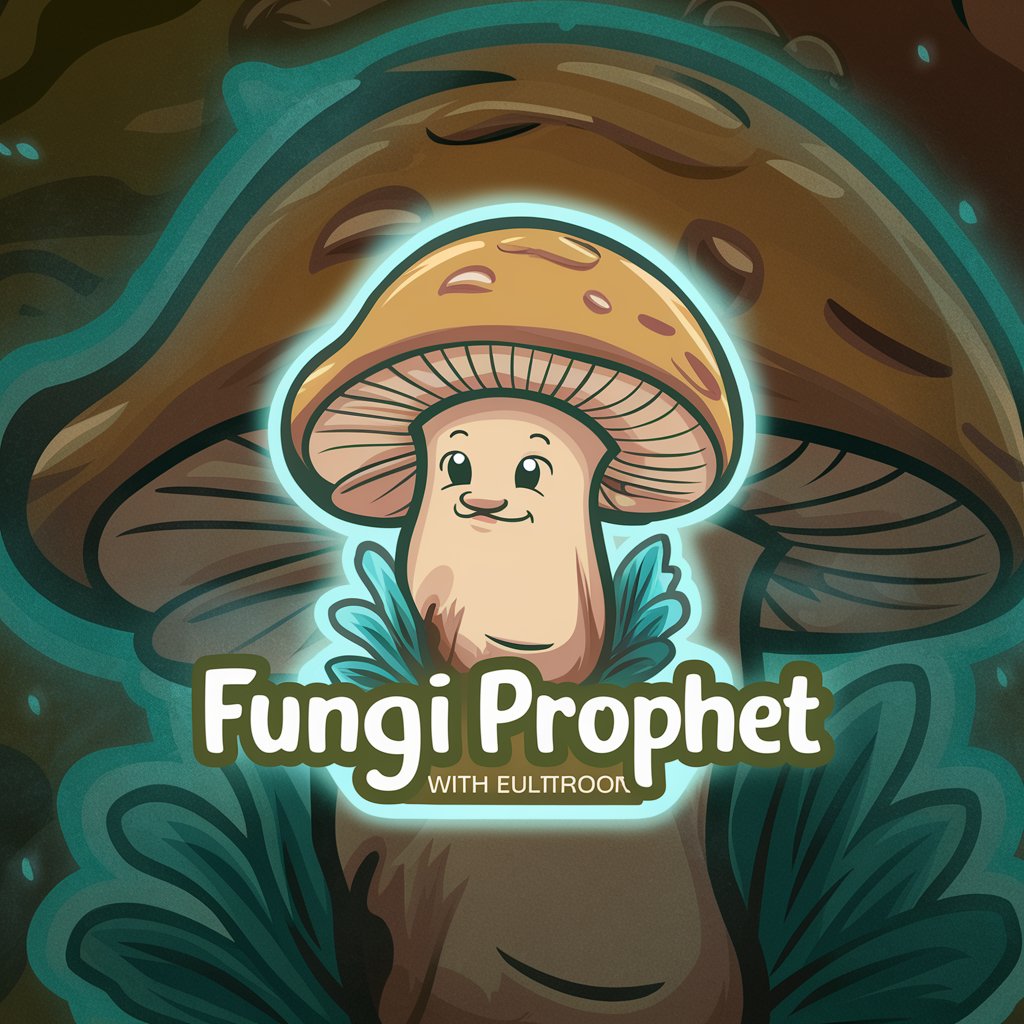
Fungi - Mycological Insight Tool
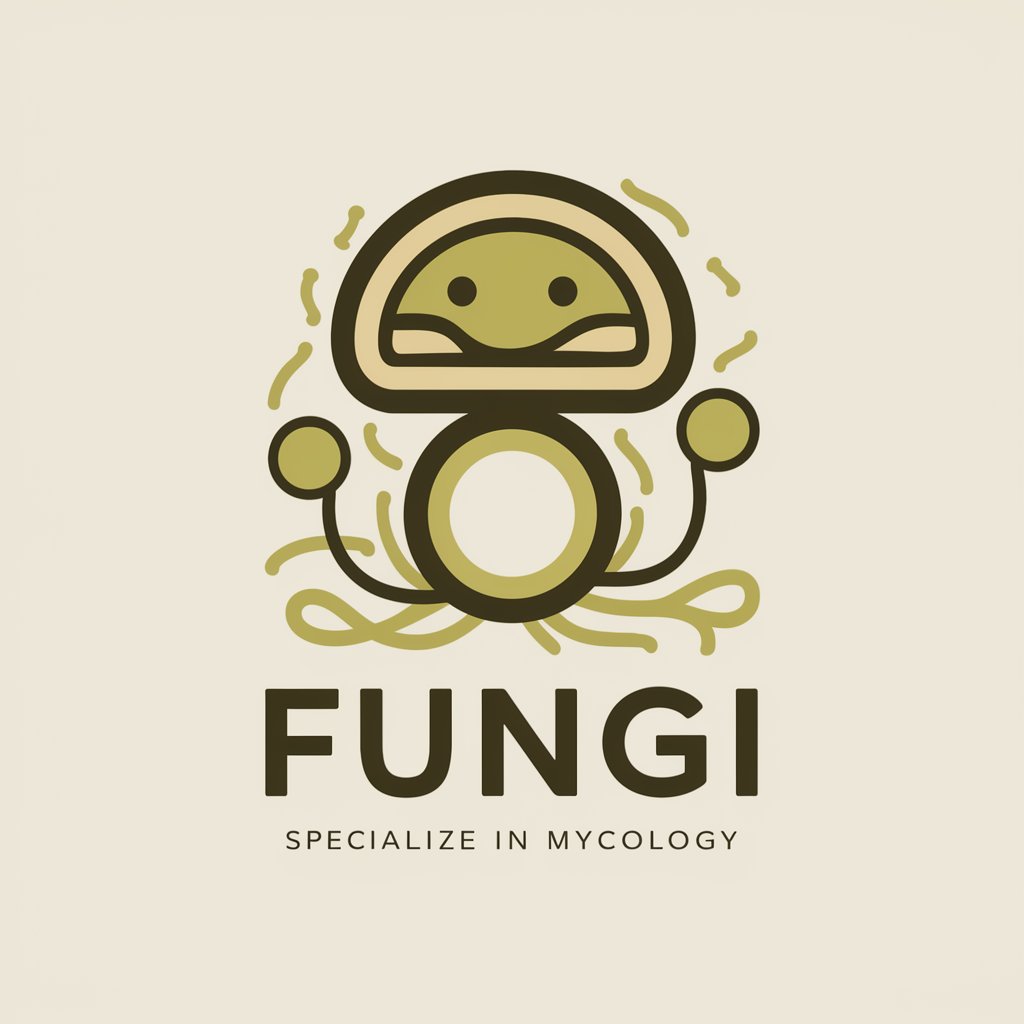
Hello! I'm here to explore the fascinating world of fungi with you.
Explore the fungal kingdom with AI.
Can you explain the lifecycle of a typical mushroom?
What are some common edible mushrooms and their culinary uses?
How do fungi contribute to the ecosystem?
What are the potential health benefits of consuming mushrooms?
Get Embed Code
Exploring the World of Fungi: An Overview
Fungi, as an AI, is designed to delve into the extensive and fascinating realm of fungi, covering their biological, ecological, and culinary aspects. This AI is programmed to offer insights into the diverse species of fungi, their growth conditions, identification techniques, and their roles in ecosystems. It also covers the culinary uses of edible fungi, providing recipes, cooking tips, and flavor pairings. Through detailed explanations and examples, Fungi aims to educate and engage users in mycology, encouraging exploration and appreciation of fungi in nature and cuisine. For instance, it can guide a forager through identifying edible mushrooms in the wild, or help a chef understand how to best use chanterelles in a dish. Powered by ChatGPT-4o。

Core Functions of Fungi: Bridging Mycology and Culinary Arts
Educational Insights into Mycology
Example
Explaining the lifecycle of a morel mushroom, from spore dispersal to fruiting body emergence.
Scenario
A biology student uses Fungi to understand the complex lifecycle of morels for a class project.
Culinary Guidance on Edible Fungi
Example
Offering a recipe for a wild mushroom risotto, including tips on mushroom selection and preparation.
Scenario
A home cook interested in gourmet cooking consults Fungi for a recipe to impress guests with a mushroom-based dish.
Environmental and Ecological Role of Fungi
Example
Detailing the symbiotic relationships between fungi and plants, such as mycorrhizal associations.
Scenario
An environmental scientist explores the AI's knowledge to better understand the role of fungi in forest ecosystems for a research paper.
Identification and Safety Information
Example
Providing characteristics for identifying edible versus poisonous mushrooms, emphasizing the importance of caution.
Scenario
A novice forager uses Fungi to learn how to safely identify and collect edible mushrooms from the wild.
Who Benefits from Fungi? A Look at the Target User Groups
Mycology Enthusiasts
Individuals with a passion for learning about fungi, from amateur foragers to professional mycologists, will find Fungi invaluable for enhancing their understanding of fungal biology, identification, and the ecological importance of fungi.
Culinary Professionals and Hobbyists
Chefs, cooks, and food enthusiasts who wish to explore the culinary potential of fungi can utilize Fungi for discovering new recipes, cooking techniques, and insights into flavor pairings with various types of mushrooms.
Environmental Scientists and Educators
Researchers and teachers looking for detailed information on the environmental roles of fungi, such as decomposition and nutrient cycling, will benefit from the AI's comprehensive coverage of these topics.
General Public with Curiosity
Anyone curious about fungi, whether for academic, culinary, or personal interest, will find Fungi a helpful and accessible resource for learning and exploration.

Using Fungi: A Guide
Start with a Free Trial
Begin your journey by visiting a platform offering Fungi for trial without the need for registration or a subscription, ensuring easy and immediate access.
Identify Your Needs
Determine what you hope to achieve with Fungi, whether it's for educational purposes, culinary exploration, or scientific research.
Explore Fungi Varieties
Familiarize yourself with different types of fungi, including their characteristics, benefits, and uses, to make informed decisions.
Experiment Safely
When applying your knowledge, especially in culinary contexts, ensure you're using safe, non-toxic varieties and follow health guidelines.
Share and Learn
Engage with communities or platforms focused on mycology to share insights, ask questions, and learn from others' experiences.
Try other advanced and practical GPTs
Tweet Hook Master
Elevate Your Tweets with AI-Powered Hooks

Automated Cover Letter & Resume
Tailor Your Application with AI
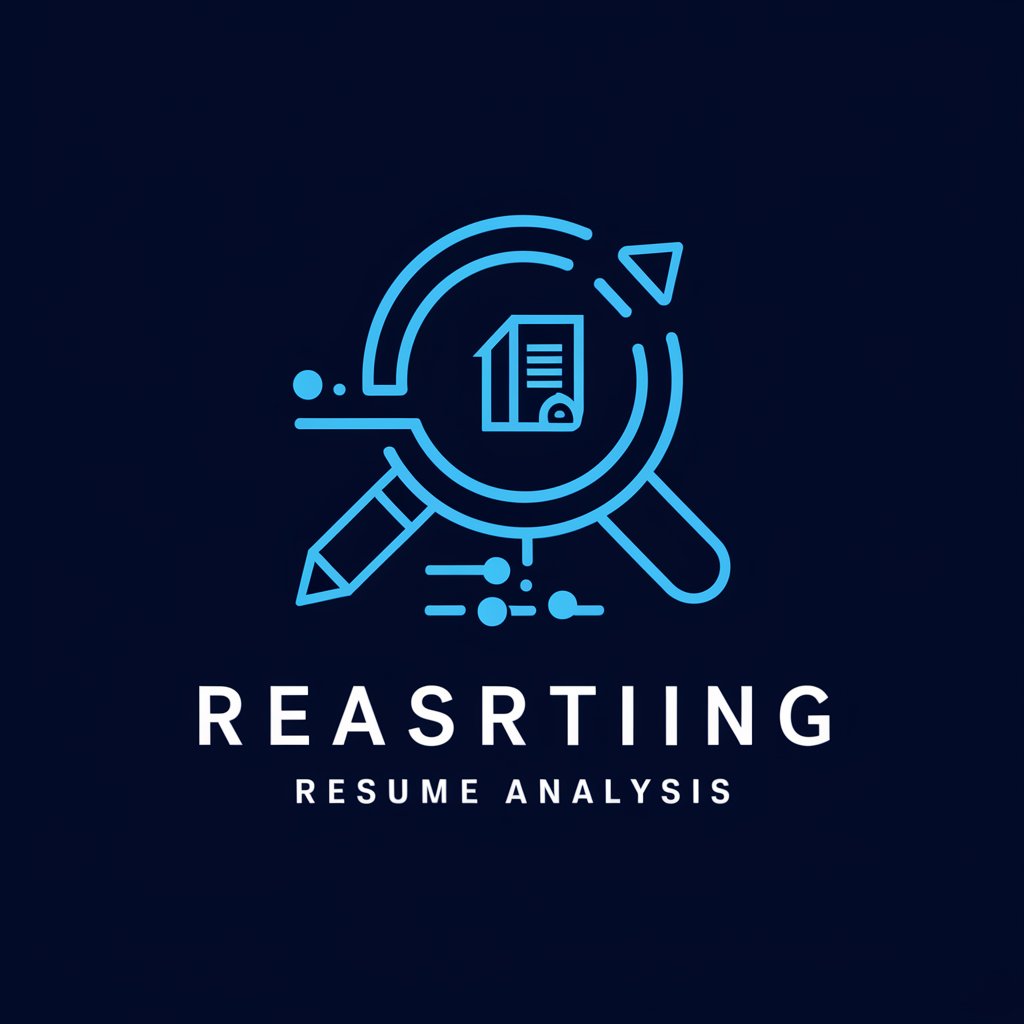
Biology
Unlocking the Secrets of Life
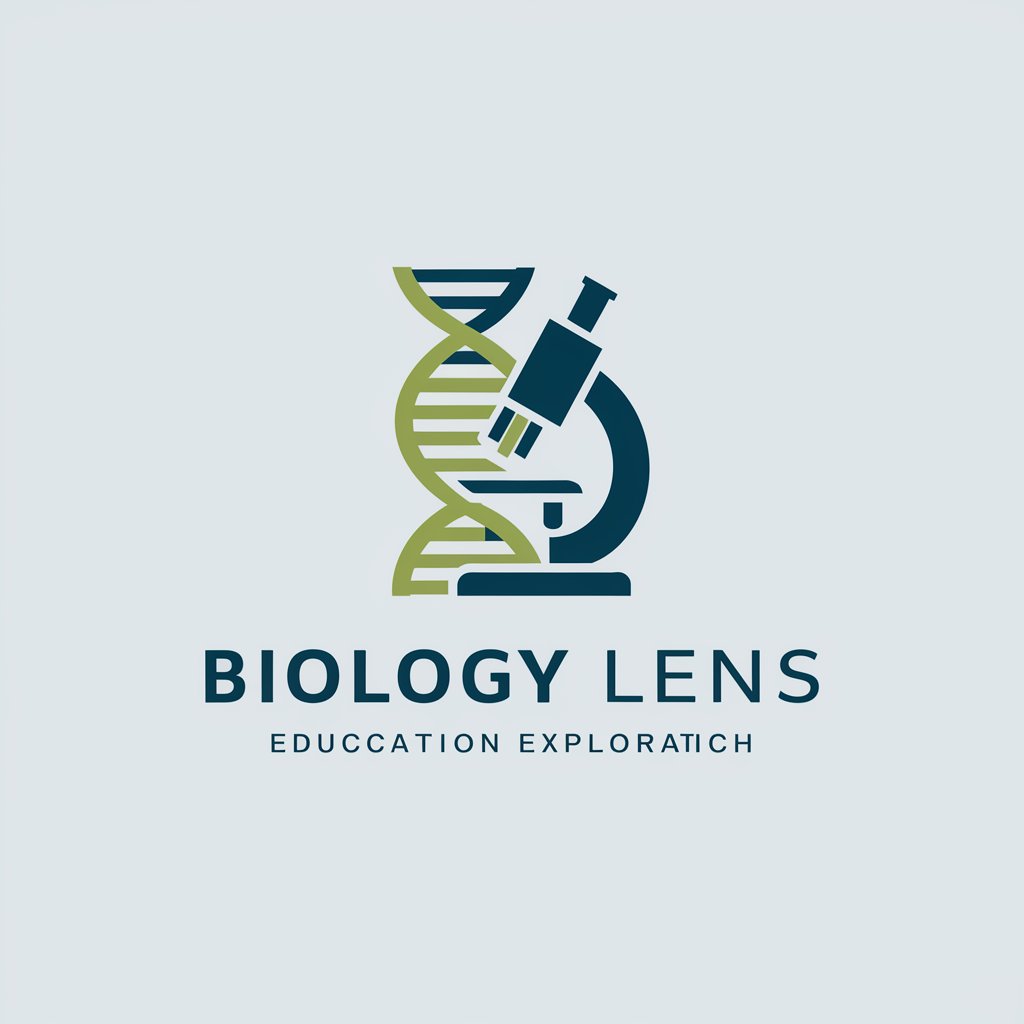
Blog SEO H1 Optimizer Pro
Elevate Your Blog's SEO with AI-Powered H1 Optimization

Efficient Assistant
Streamlining productivity with AI
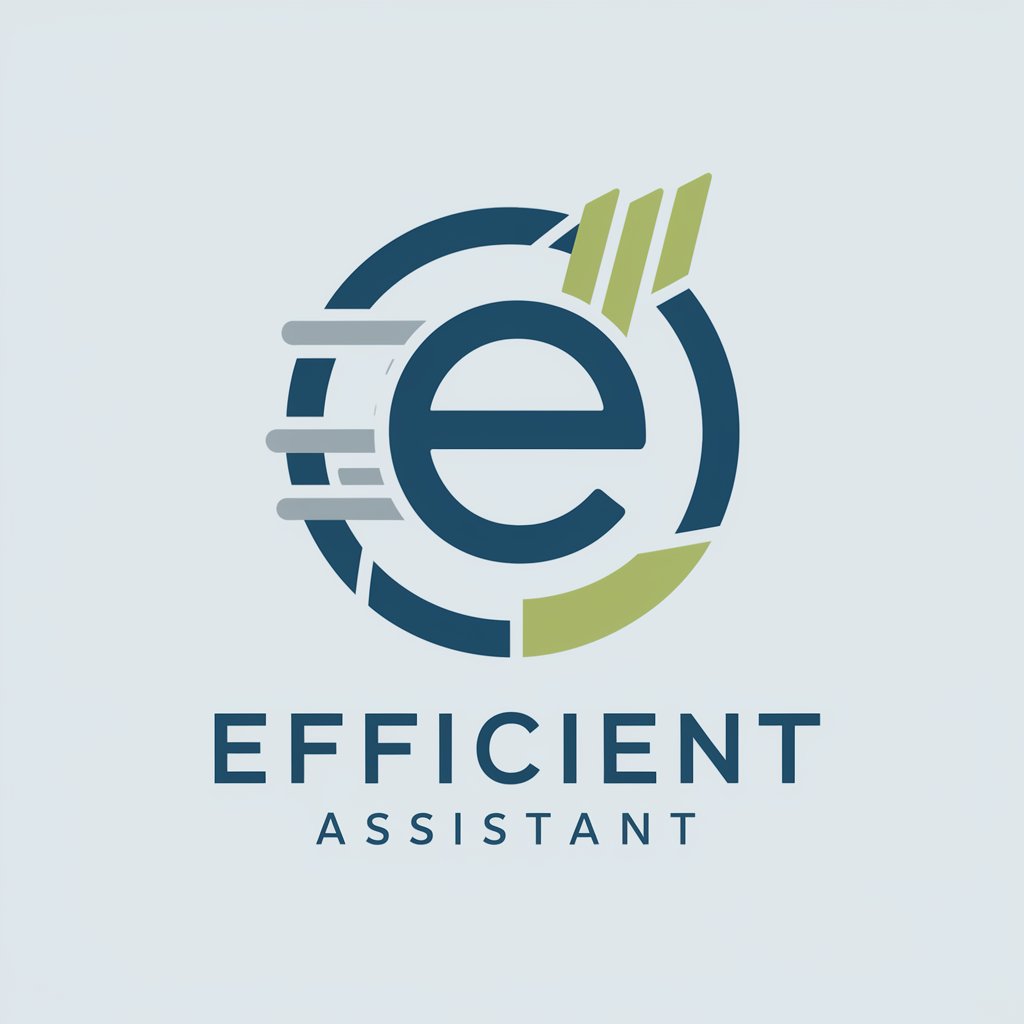
Catholic
Explore Catholicism with AI-Powered Insight

Estruturador de Artigos com Click Bait
Craft Click-Worthy Content with AI
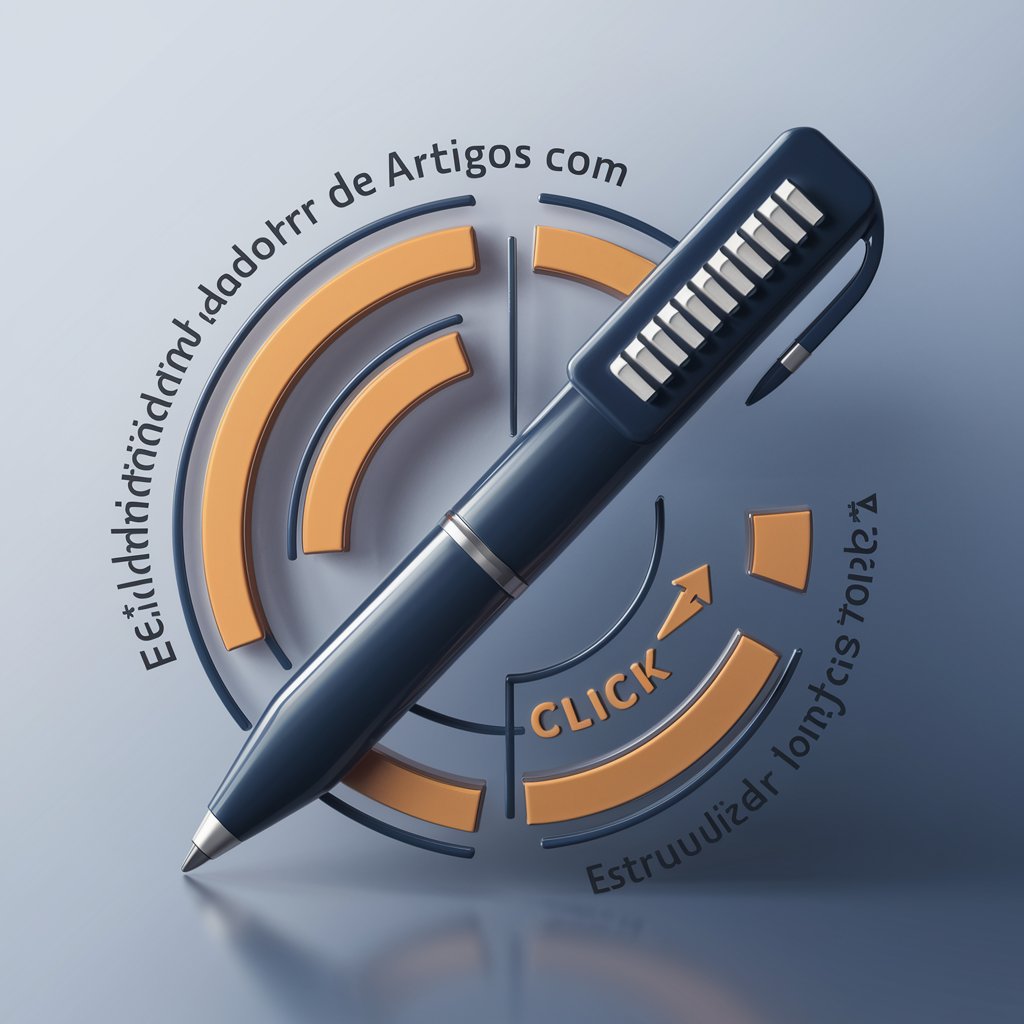
Elephant
Unlocking the Secrets of Elephants with AI
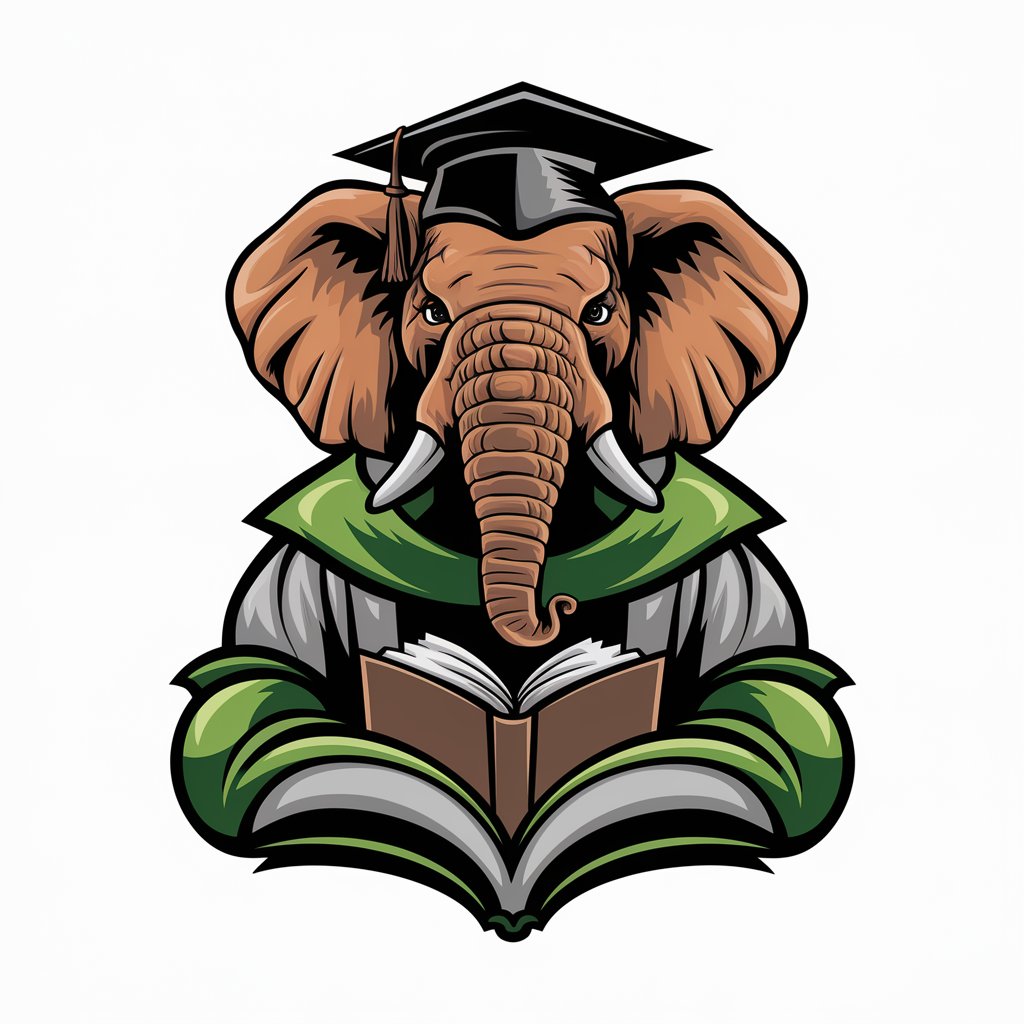
ICT-GPT
Empowering Forex Trading with AI

Reptiles
Explore the reptilian world with AI

Darsteller Bio GPT
Craft captivating actor biographies with AI

Face Swap - Remaker FaceVary
AI-Powered Face Swapping Made Simple
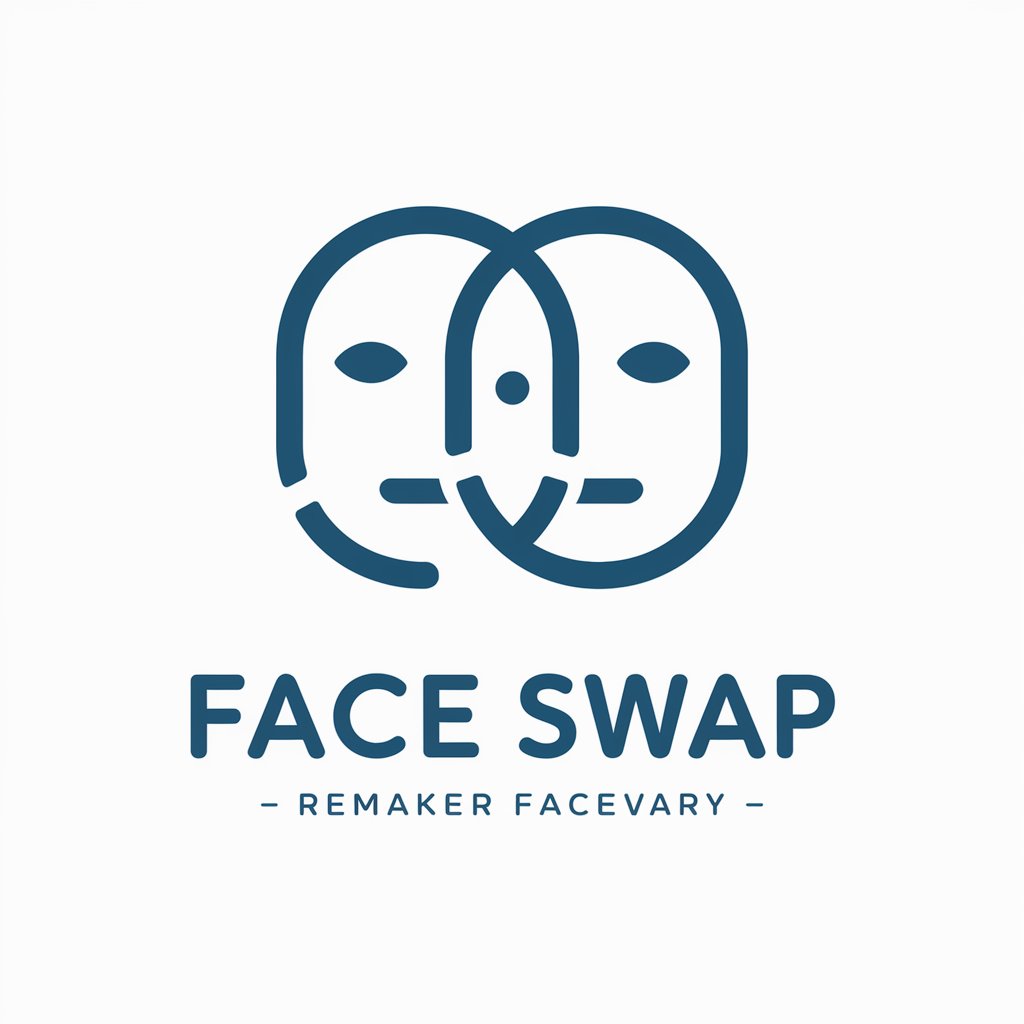
Frequently Asked Questions about Fungi
What is Fungi?
Fungi encompasses a vast kingdom of organisms that include yeasts, molds, and mushrooms. They play crucial roles in ecosystems, including decomposition and symbiotic relationships with plants.
How can I safely identify edible mushrooms?
Always consult with a reputable guide or mycologist. Look for key characteristics, avoid unknown species, and when in doubt, do not consume. Participating in local foraging groups can also provide practical learning.
What are the health benefits of consuming mushrooms?
Many mushrooms are rich in vitamins, minerals, and antioxidants. Some have been studied for their immune-supporting properties, but always ensure they are consumed in a safe manner.
Can fungi be used in biotechnology?
Yes, fungi are used in various biotechnological applications, including the production of antibiotics, enzymes, and biofuels, thanks to their diverse metabolic capabilities.
How do fungi contribute to the environment?
Fungi are key decomposers, breaking down organic matter and recycling nutrients back into the ecosystem. They also form mycorrhizal associations with plants, enhancing water and nutrient absorption.
